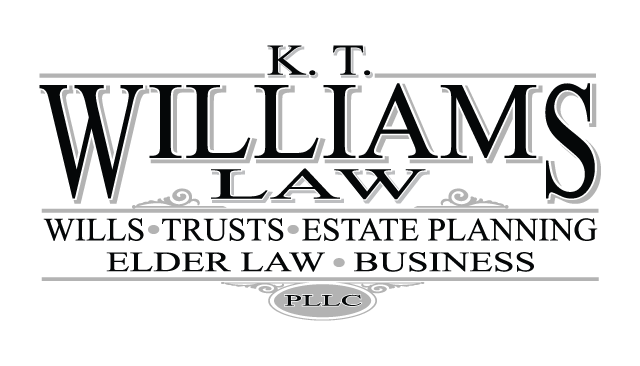Medicaid: Paying For Nursing Home Care.
Medicaid pays the nursing home costs for people who qualify. To qualify, we must satisfy personal criteria and financial criteria. For the personal criteria, we must be over age 65, blind, or disabled. For the financial criteria, our income must be below the Medicaid income limit and our assets must be below the Medicaid asset limit.
So, it may seem that qualifying for Medicaid is a simple and straightforward process. For a few, it might be. But for most, it is not.
The rules and regulations governing Medicaid eligibility are lengthy and challenging to understand and apply. Those of us who help individuals navigate the Medicaid-qualification process see it regularly. We know the difficulty and roadblocks that people can face if they don’t have the background or motivation to make the system work the way it should. We know how to overcome the difficulty, and we know how to work around the roadblocks.
What If The Nursing Home Says You Won’t Qualify For Medicaid?
Just as you wouldn’t rely on a lawyer to provide health care advice, it may not be wise to rely on a health care professional for legal advice. Perhaps you’ve visited a nursing home to ask about its costs and about Medicaid. And maybe the nursing home told you that you wouldn’t qualify for Medicaid. What do you do now? If the nursing home said you won’t qualify, then there is no use in doing anything more, right? Wrong! You shouldn’t stop there. Talk to a lawyer who is trained to know Medicaid’s rules and regulations and knows what it takes to qualify.
I meet with families regularly who have visited a nursing home and have been told they won’t qualify for Medicaid. That advice is usually wrong. We use a detailed and in-depth evaluation process to determine if someone can qualify for Medicaid. And we typically find that they can qualify after taking some important, well-defined steps based on carefully applying Medicaid’s rules and regulations.
Should You Use A Nursing Home To Apply For Medicaid?
Nursing homes and their staff don’t intend to misdirect people about Medicaid. But working through the Medicaid rules and regulations to help someone qualify is not their training and focus. Instead, they are trained and paid to provide important medical services to our loved ones. Their expertise is in operating a nursing home and providing care, not the law.
What Should You Do When A Loved One Needs Nursing Home Care?
If a loved one needs nursing home care or may need nursing home care in the near future, you should take a few important steps. Meet with an Estate Planning/Elder Law attorney who knows Medicaid’s rules and regulations. Also, visit nursing homes to find the one that will be a good fit. As your attorney, I will work with you to qualify for Medicaid, and the nursing home will help you figure out if their nursing home is a good fit for your loved one. Contact us with questions and for help.
